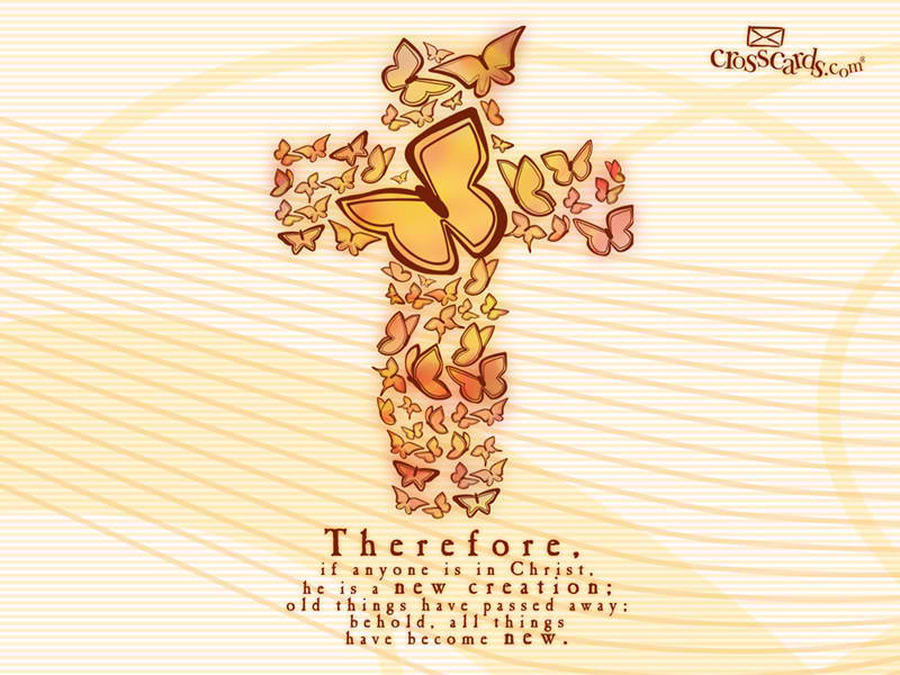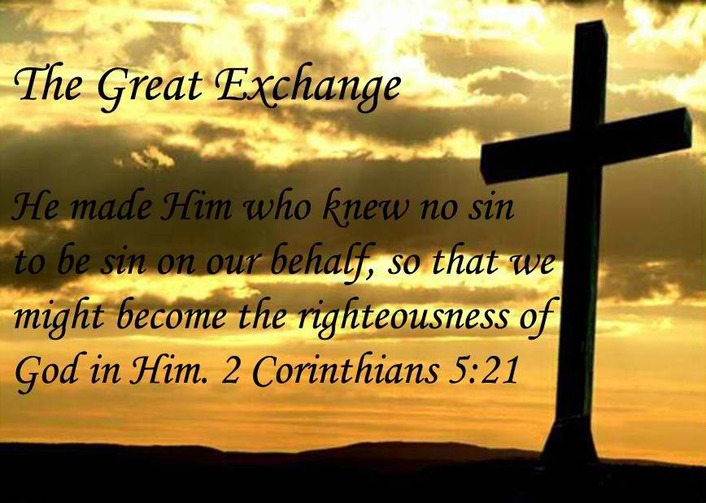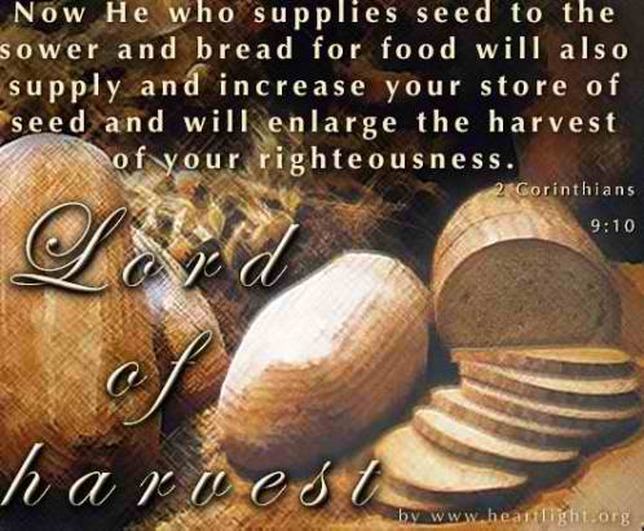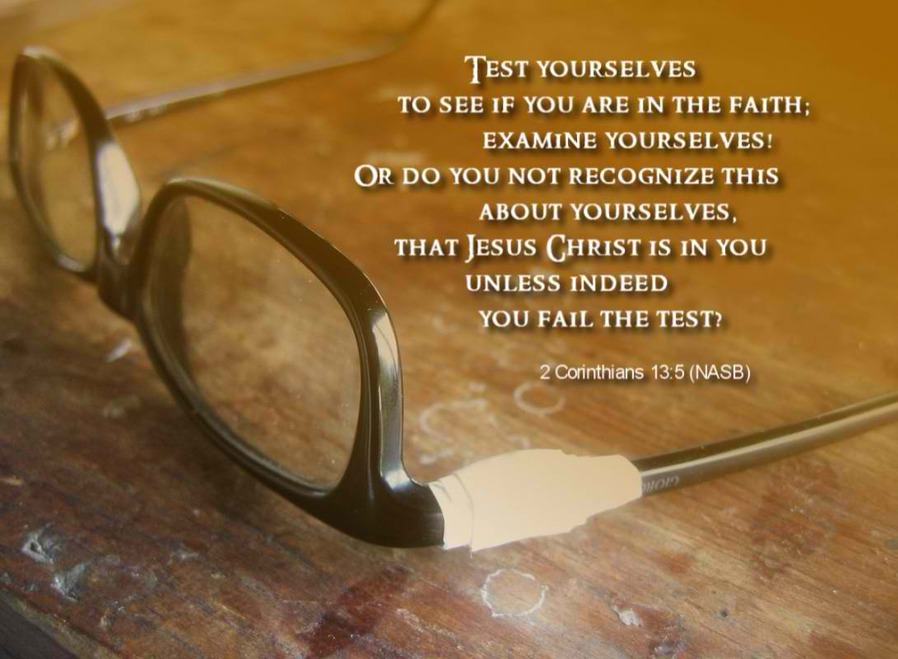The Second Letter of Paul to the Corinthians

This letter seems to have been written a few months after the first letter. The divisions and problems spoken of in 1 Corinthians were still present in the church at Corinth. False teachers were challenging both Paul's personal integrity and his authority as an apostle. They were saying that he was not a genuine apostle and that he was putting into his own pocket the money they had collected for the poverty-stricken believers in Jerusalem.

Paul is the writer of this letter. It is stamped with his style and contains more autobiographical material than any of his other writings. The available evidence indicates that 1 Corinthians was written in the spring of A.D. 55 and that 2 Corinthians was written in the fall of the same year.

Paul shows his feelings in this letter more than in any other. He goes from despair to ecstatic joy. The letter falls naturally into three sections: (1) Paul explains the reasons for the change of his itinerary (chapters 1-7); (2) he encourages the Corinthians to complete the collection in preparation for his arrival (chapters 8-9); (3) he stresses the certainty of his coming, his authenticity as an apostle and his readiness as an apostle to exercise discipline if necessary (chapters 10-13).

I. Introduction: Greetings and Thanksgiving (1:1-11)
II. Paul's Explanantion of His Conduct and Apostolic Ministry (1:12-7:16)
III. The Collection for the Christians at Jerusalem (8:1-9:15)
IV. Paul's Vindication of His Apostolic Authority (10:1-13:10)
V. Conclusion (13:11-14)

In chapters 1-7, Paul describes the characteristics of an Apostle. He explained
that his ministry was to preach Jesus Christ alone and not himself, “For we do not preach ourselves, but Christ Jesus as Lord, and ourselves as bondservants for Jesus’ sake” (4:5).
that his ministry was to preach Jesus Christ alone and not himself, “For we do not preach ourselves, but Christ Jesus as Lord, and ourselves as bondservants for Jesus’ sake” (4:5).

In chapters 8-9, He urges the Corinthians to give the offering to the believers
in Judea, as they had promised. He taught that if they gave generously they
would also “reap generously” (9:6).

In chapters 10-13, Paul defends his ministry and responds to attacks about his
Apostleship. They had been questioning his authority and opposing him. Paul
declares that if anyone preaches a different Gospel or a different Jesus, other than what Paul and the Apostles were preaching, they are false teachers and deceitful workers and should not be accepted.
Apostleship. They had been questioning his authority and opposing him. Paul
declares that if anyone preaches a different Gospel or a different Jesus, other than what Paul and the Apostles were preaching, they are false teachers and deceitful workers and should not be accepted.

The last thing Apostle Paul teaches in 2nd Corinthians is how to test yourself.
If you want to know if you are a Christian, if you want to know if you are a
believer and follower of Jesus Christ, than you must test yourself, “to see if you are in the faith”; examine yourself with Scripture (13:5).
If you want to know if you are a Christian, if you want to know if you are a
believer and follower of Jesus Christ, than you must test yourself, “to see if you are in the faith”; examine yourself with Scripture (13:5).
